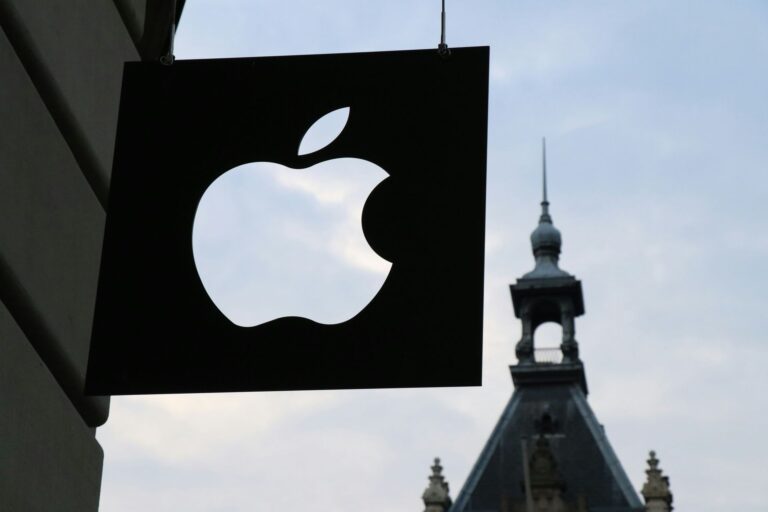Tech giant Apple has recently been accused of using minerals linked to illegal mining activities in the Democratic Republic of Congo.
This tarnishes the company’s reputation and fuels the debate on supply chain transparency in the electronics industry.
Apple’s trial with war minerals
The accusations allege that Apple’s supply chain used minerals such as tin, tungsten, tantalum, and gold extracted from illegal mines linked to the war in Congo. The trade-in of these minerals allegedly contributes to the funding of militias and terrorist groups, and Apple products are “tainted with the blood of the Congolese people“.
Apple has denied these allegations and published a report in December 2023 claiming that it had found no links between its suppliers, refineries, and armed groups. However, lawyers argue this report is not based on concrete and verifiable evidence.
The Democratic Republic of Congo’s accusations call into question Apple’s actions in this regard. The company needs to audit its supply chain and stop using minerals linked to illegal mining activities.
On the other hand, these developments are a warning for Apple and all electronic device manufacturers. Supply chain transparency and ethical sourcing are among the industry’s top priorities.
What happened in the Democratic Republic of Congo shows how human rights and the environment can be ignored when producing our electronic devices. As consumers, we need to be aware of this and choose products made from ethical sources.
How Apple will manage this crisis will become clear in the coming days. The company’s stance on this issue will affect its reputation and the future of the electronic device industry.
Featured image credit: consolersafari / Unsplash




